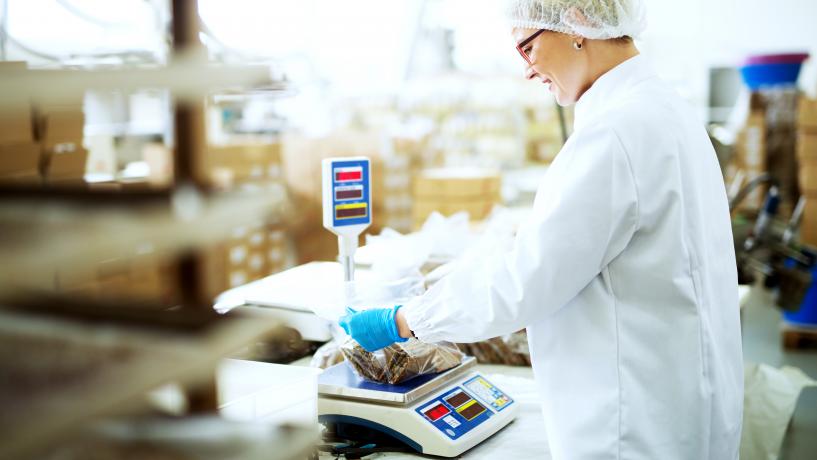
What might change in the food industry?
The Australian Government is increasing its measures to curb the spread of COVID-19 as cases continue to rise throughout the country. Many food service businesses, like restaurants and bars, have temporarily closed and that is having rippling effects on the food industry as a whole. There is a real possibility that some food businesses might not survive temporary closure. However, there will be many food businesses that do survive, and may even thrive during the pandemic. Here are some of the possible changes that could be awaiting the food industry post-pandemic.
Less buffets and self-service facilities
Buffets and self-service foods are known to have increased food safety risks due to the general public being responsible for serving themselves in these establishments. Members of the general public aren’t food safety trained and can cause food safety hazards. Additionally, utensils and equipment are touched by multiple people which increases the risk of biological and cross-contamination of food. The large volume of people close to the food also increases the risk of pathogens.
During the COVID-19 pandemic, the general public are becoming increasingly educated about cross-contamination and more wary of the behaviour of others. It is anticipated that this knowledge will lead to a decrease in demand for buffet or self-service style food after the coronavirus crisis ceases. Simultaneously, there could be a growing demand for food prepared and handled by people with a sound knowledge of food safety.
Physical distancing measures remain
Many food retail businesses, like supermarkets and grocery stores, implemented social distancing measures such as plexiglass barriers to keep a safe distance between customers and employees. These measures may remain in place once the coronavirus crisis is over as a continued measure to protect staff and customers.
More employees respecting illness protocols
Food workers have been known to work when sick, due to fears about missing out on pay or potentially losing a job all together. The COVID-19 pandemic has made people are more aware of how dangerous pathogens can be and how they spread. Post-pandemic, food business managers and food workers will be understandably reluctant to work with someone who has any signs of illness. Food businesses may consider modifying their rules on sick-leave as a result. Customers will also be more demanding about the health and hygiene of the people preparing and serving their food.
Continued use of personal protective equipment
The use of personal protective equipment (PPE) such as disposable gloves and face masks has become a common sight in many food businesses and in general by the public. After the pandemic subsides, using PPE may become standard in businesses to provide customer-facing food workers with continued protection.
PPE can help to protect employees from the coronavirus and other illnesses but it’s essential that employees are trained in its use. For instance, disposable gloves must be changed at least every half hour or more frequently if the food worker is in situation where they would normally wash their hands.
Increased personal hygiene
The importance of hand washing has been hard to ingrain into the minds of the public, including food workers. Prior to the COVID-19 pandemic, it was often one of the most difficult food safety tasks to enforce with food workers forgetting or not having time to wash hands regularly.
The importance of hand washing has been broadcast repeatedly throughout the coronavirus crisis and the public is finally paying attention. Some countries around the world are reporting shortages of hand soaps and sanitizers. The importance of good hand hygiene is expected to be recognized for many years post-pandemic which will lead to improved hand washing by everyone, including food workers.
Improved restaurant sanitation
It is anticipated that after the COVID-19 pandemic passes, most food businesses will have a greater respect for health and safety legislation. Most food safety legislation stipulates that all objects and surfaces that have been in contact with food needs to be sanitized regularly. This will be the bare minimum going forward.
Sanitation of objects and surfaces that have not been in contact with food will increase. Items such as menus, salt and pepper shakers, door handles and credit card machines will now be cleaned and sanitized more regularly. Keeping customers safe and putting their minds at ease will be vitally important post-pandemic.
As the demand for food safety continues to change and adapt to the needs of the industry, stay connected with the Australian Institute of Food Safety for the in latest food safety information. Learn more about the regulations and requirements for businesses, get updated training information and recent news on how the coronavirus is impacting the food industry.





